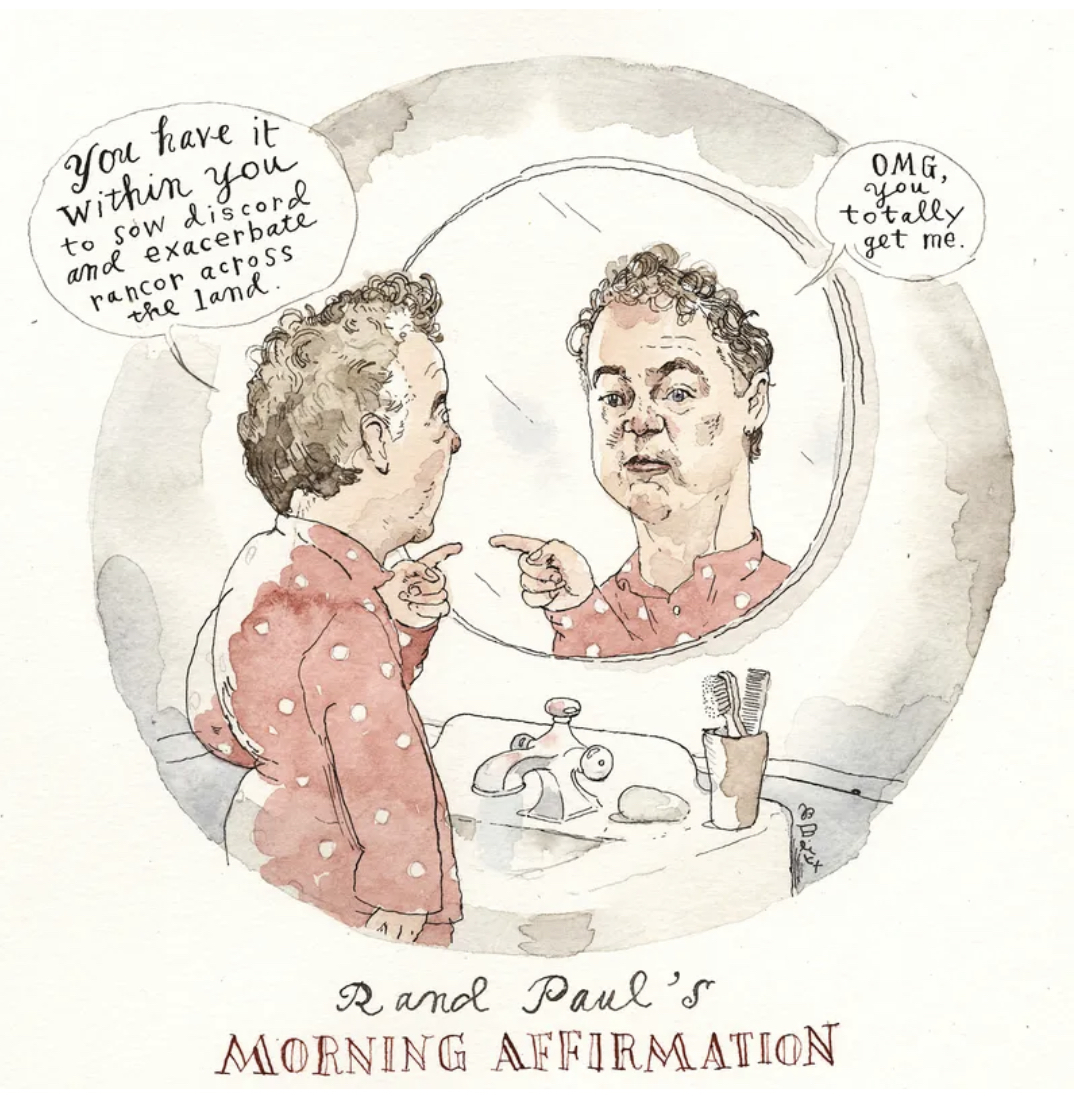
“Most of our troubles are due to our passionate desire for and attachment to things that we misapprehend as enduring entities.”
Attachment is the emotional dependence we put in situations, objects, or people. Strong attachments come in many forms—including overindulgence in or pursuit of food and drink, sex, power, control, fame, even principles or ideas—and can manifest in potentially harmful ways.
In our desire to control the external, we may lose control over the internal. The more we want to control things, others, or situations, the angrier we may become when things don’t turn out the way we expected.
Anger is the defeat of expectations. Handling anger properly is a critical life skill for Christians. Anger can cripple communication between two people, rip apart families, and relationships in churches. God’s Word not only teaches how to deal with anger but also how to overcome sinful anger.
Anger can become sinful when it is motivated by pride (James 1:20), when it is unproductive and thus distorts God’s purposes (1 Corinthians 10:31), or when anger is allowed to linger (Ephesians 4:26-27).
One obvious sign that anger has turned to sin is when, instead of attacking the problem at hand, we attack the “perceived” wrongdoer. Ephesians 4:15-19 says we are to speak the truth in love and use our words to build others up, not allow rotten or destructive words to pour from our lips. Unfortunately, this poisonous speech is a common characteristic of fallen man (Romans 3:13-14).
The reason there is a war among us is because there is a war inside us. Our desires for what we define as our pleasures, comforts, and rights have been placed above everything else.
Did we forget, when we suffer for righteousness sake we are blessed. We demonstrate who God is to a watching world when we think about others above ourselves and serving rather than being served. I can hear you saying, yea but “they” are trying to take our freedoms. “They” are trying to control us. “They” are . . . but those aren’t my words, 1 Peter 3:14 tells us, “But even if you should suffer for righteousness’ sake, you will be blessed. Have no fear of them, nor be troubled.”
Instead of holding onto anger, pray for the person who angers you. The key is to convert your anger into love for others because of the grace of God. This is one key where we can change our feelings towards another by doing a loving deed.
It’s the influence of the church that will ensures our witness is effective. Remember, people listen to what we do, not what we say. Let’s not give people reason to stop listening.
Would your connections benefit from this post?










